1. Freshness You Can Taste

When you collect eggs from your own chickens, you’re getting the freshest eggs possible—often laid that very morning. Store-bought eggs, on the other hand, can be weeks old by the time they hit the shelves. Even though grocery store eggs are refrigerated to maintain quality, they can’t compare to the rich, creamy texture of a truly fresh egg. Many backyard chicken owners swear that their eggs have a fuller flavor, with yolks that are brighter, thicker, and more delicious.
Freshness isn’t just about taste; it’s also about nutrition. Eggs start to lose nutrients the longer they sit, which means your backyard eggs are likely packing more vitamins and minerals than store-bought ones. Plus, farm-fresh eggs have firmer whites, making them perfect for poaching, frying, or whipping into fluffy omelets. If flavor and nutrition are priorities for you, backyard eggs might just be the upgrade you need.
2. Are They Really More Nutritious?
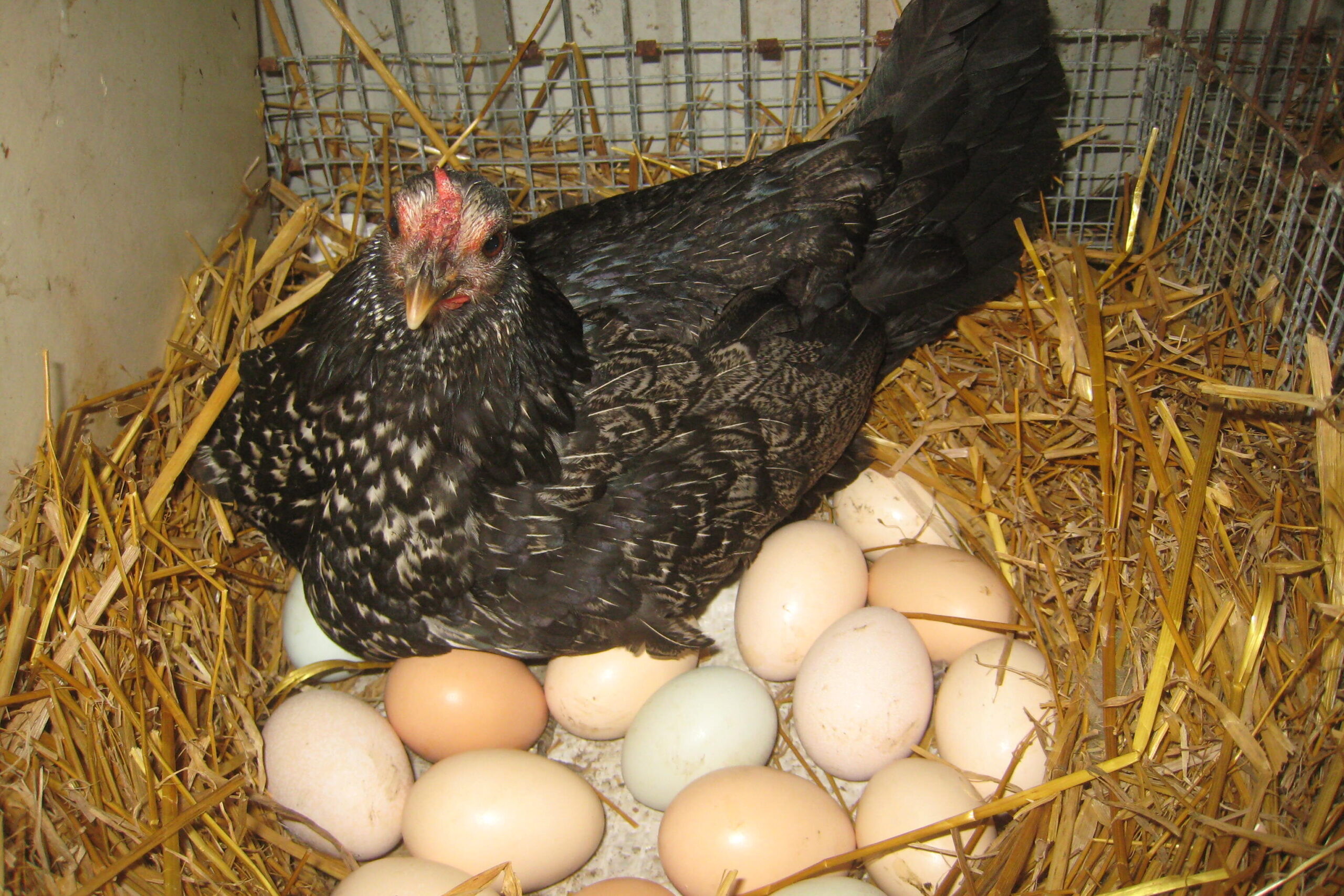
It’s not just a myth—Green Matters states that eggs from pasture-raised chickens contain more omega-3 fatty acids, vitamin D, and beta-carotene than conventional eggs. This is because backyard chickens often have a more varied diet, including greens, bugs, and food scraps, which leads to healthier, more nutrient-dense eggs. In contrast, many store-bought eggs come from chickens fed a commercial diet, often with synthetic additives to boost nutrient content artificially.
That being said, not all backyard eggs are automatically healthier. If your hens aren’t getting a good balance of nutrients or enough sunlight, their eggs might not be much different from store-bought ones. However, when chickens are well-fed and allowed to roam freely, their eggs tend to have a noticeable nutritional edge. So, if you’re looking for eggs with superior health benefits, raising your own flock might be a smart move.
3. The Cost Breakdown—Is It Really Cheaper?
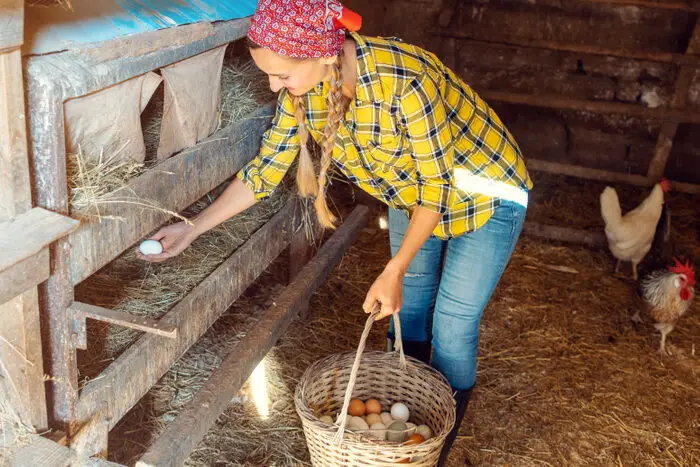
One of the biggest arguments against backyard chickens is the cost. At first glance, raising your own flock might seem expensive—especially when you factor in the price of a coop, feed, and chicken supplies. However, over time, the cost of homegrown eggs can even out, especially if you compare it to buying premium pasture-raised eggs from the store. Many chicken owners also cut costs by supplementing feed with kitchen scraps or growing their own grains.
On the flip side, store-bought eggs are undeniably convenient and relatively inexpensive. You can buy a dozen for just a few dollars, whereas raising chickens requires an upfront investment and ongoing care. If budget is a primary concern, store-bought eggs might still win in terms of affordability. But if you’re willing to invest in the long-term benefits, backyard chickens could be worth every penny.
4. Ethical Considerations—Do You Know Where Your Eggs Come From?
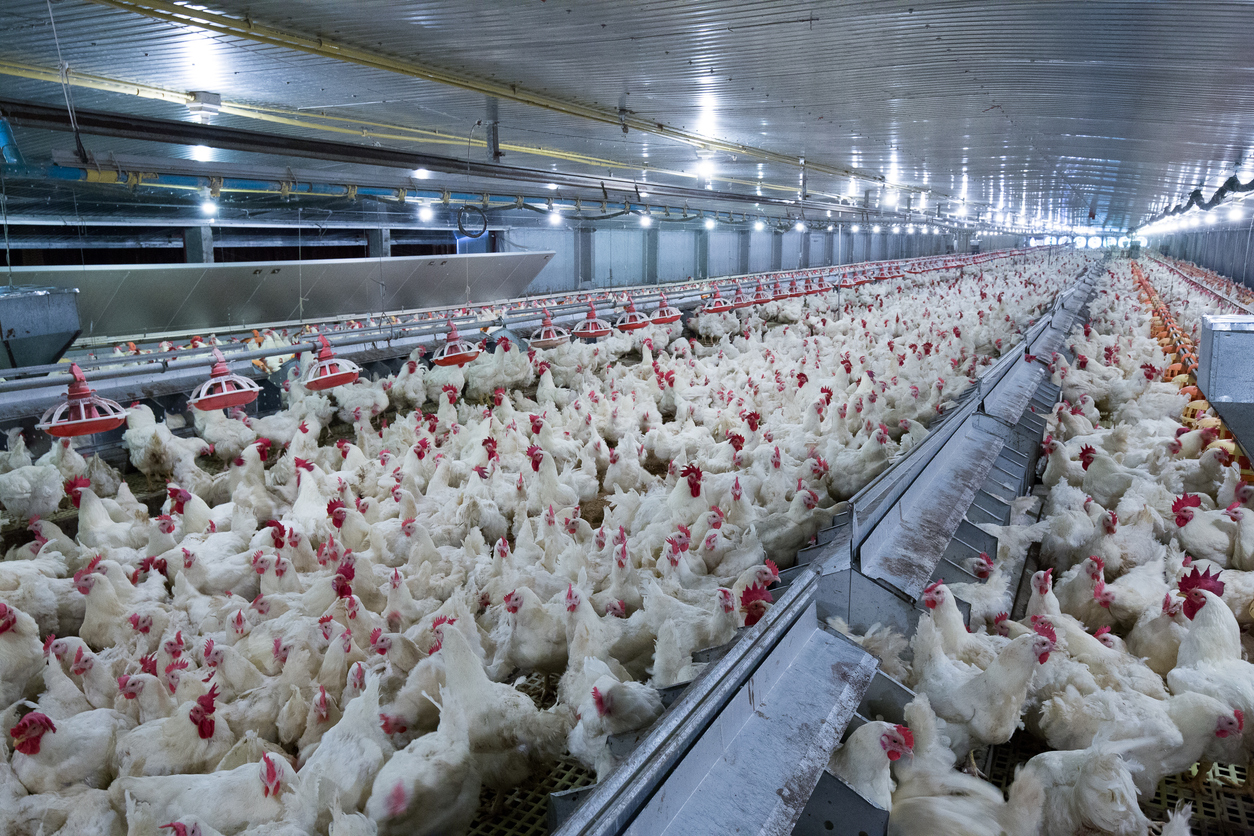
One of the biggest reasons people switch to backyard chickens is concerns over factory farming. Many store-bought eggs come from commercial farms where hens are kept in tight cages with little space to move. Even “cage-free” or “free-range” labels don’t always mean chickens are living in ideal conditions. If you care about animal welfare, raising your own chickens ensures that your eggs come from happy, well-treated birds.
However, ethical chicken-keeping also comes with responsibility. It’s not just about collecting eggs—you have to provide proper shelter, protection from predators, and a healthy diet. If you’re willing to put in the effort, backyard chickens can be a more humane alternative to store-bought eggs. But if you’re not prepared for the commitment, supporting ethical brands at the grocery store might be the better option.
5. The Joy of Raising Chickens
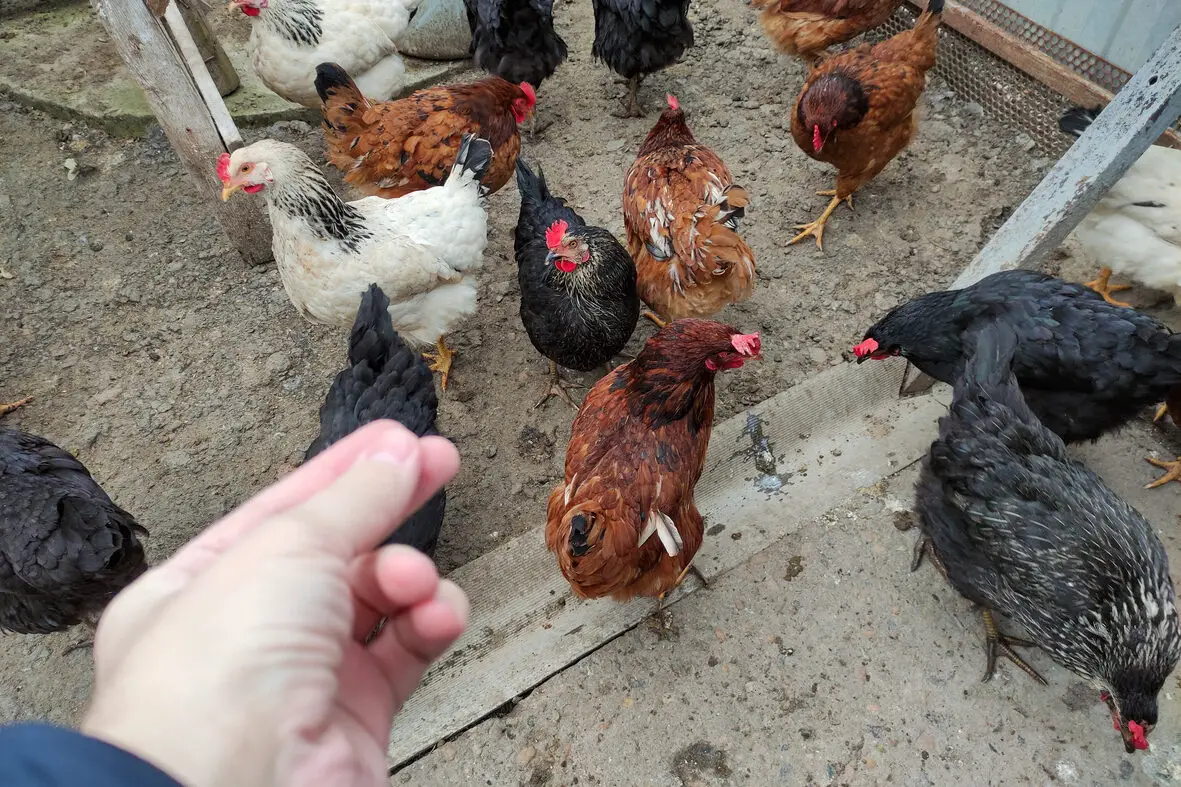
Believe it or not, chickens can be surprisingly fun pets! They have quirky personalities, enjoy interacting with their owners, and can even be trained to come when called. Watching your hens scratch around the yard, chase bugs, and take dust baths is oddly entertaining. Many backyard chicken keepers say their birds provide stress relief, much like any other pet would.
On top of that, chickens can be a great learning experience for kids and adults alike. They teach responsibility, provide hands-on lessons in animal care, and give families a deeper connection to their food. While raising chickens isn’t for everyone, the joy of collecting fresh eggs from your own flock is something store-bought eggs simply can’t match. If you’re looking for a rewarding and educational hobby, backyard chickens might be the perfect fit.
6. Egg Variety—More Than Just White and Brown

Walk into any grocery store, and you’ll mostly see the standard white or brown eggs. But when you raise your own chickens, you can get eggs in shades of blue, green, chocolate brown, and even pink! Different breeds lay different colored eggs, adding a fun and beautiful variety to your breakfast table. There’s something special about collecting a rainbow of eggs from your own coop each morning.
But the differences aren’t just cosmetic. Many backyard chicken breeds, especially heritage breeds, lay eggs with thicker shells and richer yolks. Store-bought eggs often come from a limited selection of commercial breeds chosen for high production, but backyard flocks can include a mix of breeds with unique egg-laying qualities. If you love variety, backyard chickens give you an egg experience that’s hard to find in a grocery store.
7. The Environmental Impact—Which Option Is Greener?

Raising your own chickens can be a more sustainable choice, especially if you manage their waste properly and feed them scraps that would otherwise go to waste. Store-bought eggs require packaging, transportation, and large-scale farming operations, all of which contribute to carbon emissions. By keeping backyard chickens, you cut down on the environmental footprint associated with commercial egg production. Plus, chicken manure can be composted and used as fertilizer, making it an eco-friendly way to enrich your garden soil.
However, sustainability depends on how you raise your chickens. If you rely on commercial feed and artificial lighting to boost egg production, your impact may not be much better than store-bought eggs. On the other hand, if you let your chickens forage naturally and minimize waste, backyard egg production can be an environmentally responsible choice. If you’re looking for a greener lifestyle, backyard chickens might be the way to go.
8. Unexpected Challenges—Are You Ready for Them?

Raising backyard chickens isn’t just about collecting eggs—it also comes with challenges. Predators like raccoons, foxes, and hawks see chickens as an easy meal, so you’ll need to secure your coop and keep an eye on your flock. Harsh weather conditions can also affect your chickens, requiring extra care during hot summers and freezing winters. And let’s not forget the occasional broody hen who refuses to leave the nest or the loud early-morning crowing from a surprise rooster!
Store-bought eggs, on the other hand, are hassle-free. There’s no need to worry about sick birds, coop maintenance, or the heartbreak of losing a beloved hen. If you prefer convenience over commitment, the grocery store might be your best bet. But if you’re prepared for the challenges, the rewards of raising chickens can far outweigh the difficulties.
9. How Many Eggs Do You Actually Need?

A single hen can lay around 200 to 300 eggs per year, which means even a small flock can provide more eggs than a typical family needs. While this sounds great, it can also become overwhelming if you don’t have a plan for all those extra eggs. You may find yourself giving them away to neighbors, selling them, or even experimenting with new egg recipes just to keep up!
Store-bought eggs give you more control over how many you purchase, so you never have to worry about excess. If you have a small household and don’t eat eggs often, raising chickens might not be the most practical option. However, if you have a large family or love to cook and bake, having a constant supply of fresh eggs can be a game-changer. It all comes down to how much you actually need.
10. Are Backyard Eggs Really Safer?
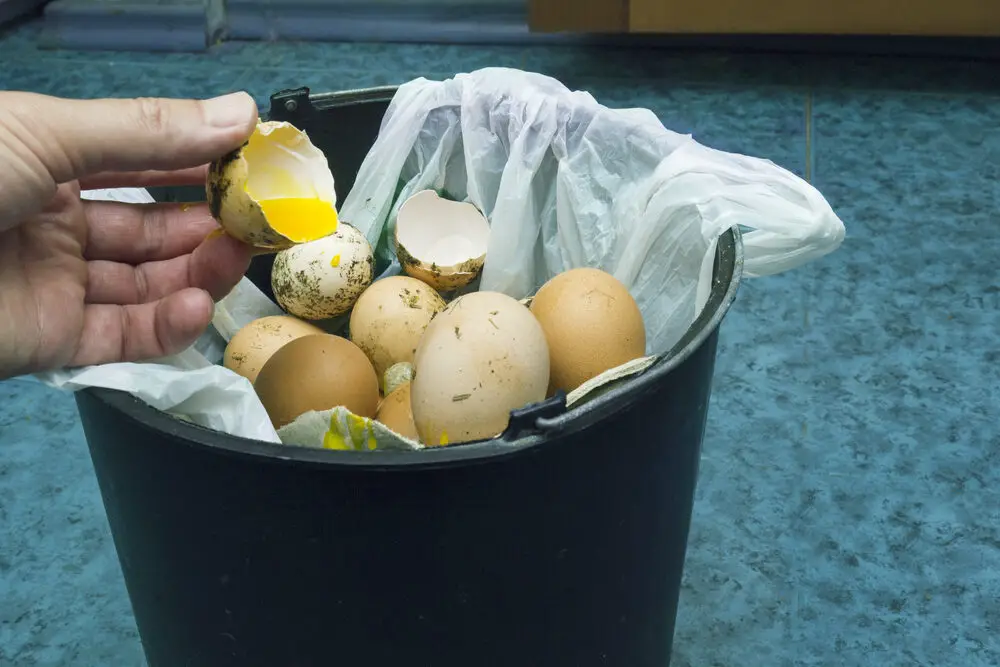
Many people assume that homegrown eggs are safer than store-bought ones because they don’t go through mass production. However, backyard eggs still carry risks, especially if proper hygiene isn’t maintained. Salmonella, a common concern with eggs, can still be present in backyard flocks. Cleaning the coop regularly and handling eggs properly is essential to ensure safety.
That being said, commercial eggs are washed, processed, and inspected before reaching the store, reducing contamination risks. If you’re meticulous about cleanliness, backyard eggs can be just as safe—if not safer—than store-bought ones. But if you’re not committed to proper sanitation, store-bought eggs might be the better choice. It’s all about how much effort you’re willing to put in.
11. The Emotional Attachment—Eggs with a Personal Connection

When you raise your own chickens, every egg feels special. You know exactly which hen laid which egg, and you start to feel a deep connection to your flock. Watching your chickens grow, lay eggs, and interact with each other turns egg collection into a meaningful experience rather than just another grocery run. There’s something heartwarming about eating food produced right in your own backyard.
With store-bought eggs, there’s no personal connection—it’s just another carton on the shelf. While that’s perfectly fine for most people, those who raise chickens often say they could never go back to buying eggs from the store. The bond with their birds and the satisfaction of farm-to-table living makes backyard eggs worth every bit of effort. If you love the idea of knowing exactly where your food comes from, this could be the deciding factor.
12. The Social Aspect—Eggs That Build Community
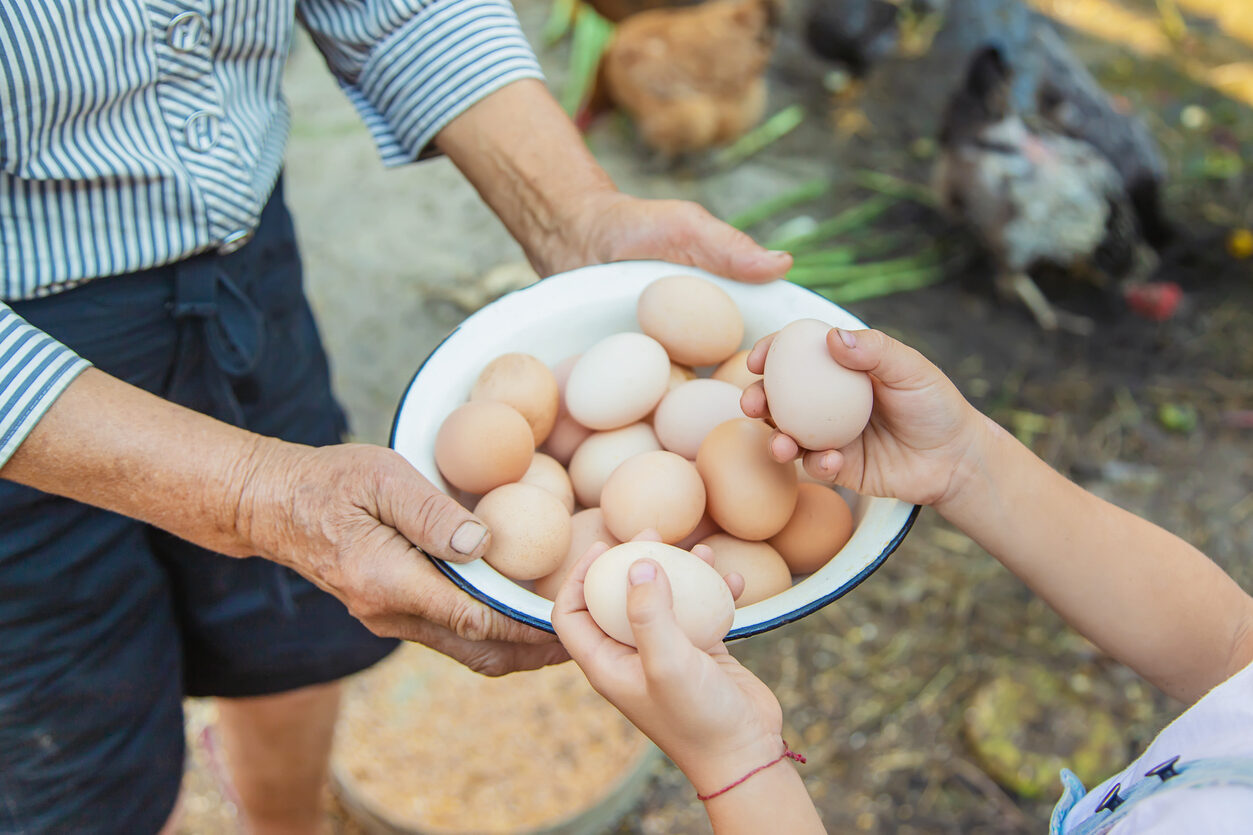
Backyard chickens can turn you into the most popular person in the neighborhood! Many backyard chicken keepers love sharing their extra eggs with friends, family, and neighbors. It becomes a fun way to connect with others while spreading the joy of fresh, homegrown food. Some people even start small egg-selling businesses or trade eggs for other homegrown goods.
Store-bought eggs don’t come with the same community-building perks. You grab them, pay for them, and go home—end of story. But backyard eggs often lead to conversations, friendships, and even neighborhood chicken-keeping clubs. If you enjoy bringing people together through food, raising chickens can be a surprisingly social experience.
13. So… Should You Make the Switch?

At the end of the day, the choice between backyard chickens and store-bought eggs comes down to your lifestyle, priorities, and willingness to commit. If you love fresh, high-quality eggs and don’t mind the work, backyard chickens can be incredibly rewarding. However, if you value convenience and don’t have the time or space for chickens, store-bought eggs are still a great option. There’s no right or wrong answer—just what works best for you.
That said, if you’ve been on the fence about raising chickens, it might be worth giving it a try! Many people who start with just a few hens end up falling in love with the experience. And who knows? You might just find that a backyard flock is exactly what your home was missing.


